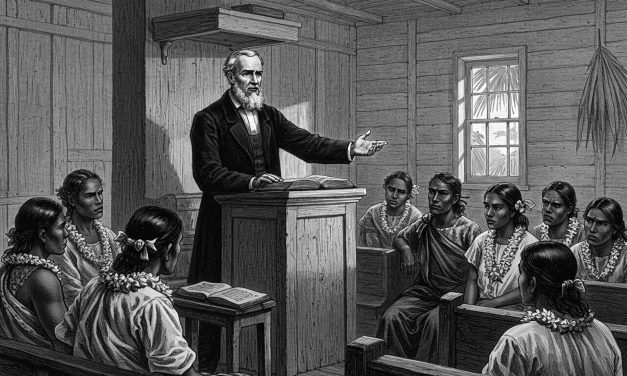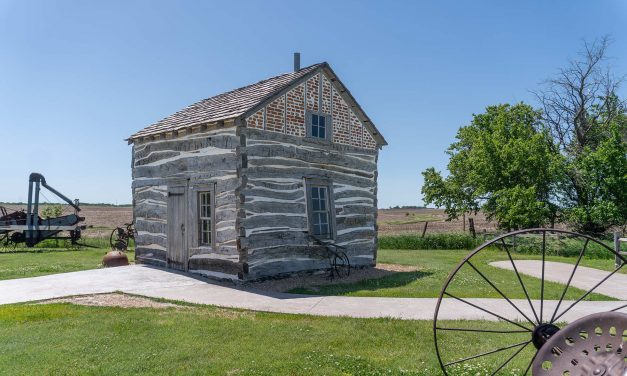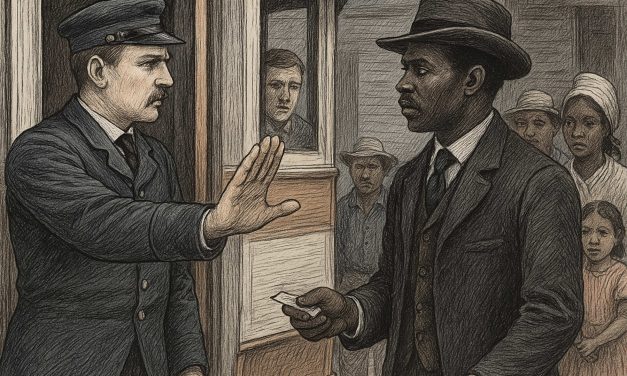The Outlaw Josey Wales: How the classic Western unintentionally hid the Lost Cause myth in plain sight
When the motion picture “The Outlaw Josey Wales” premiered in theaters across America in 1976, it was quickly embraced as a bold, revisionist Western that rejected the romantic simplicity of old Hollywood. With Clint Eastwood directing and starring, the film delivered a gritty anti-hero narrative at a time when American audiences, still reeling from Vietnam and Watergate, were ready to question power and authority. But beneath the dust and gunpowder, Josey Wales carried something else. It was a subtle but persistent narrative that aligned with the Lost Cause mythology of the American South. The film follows a Missouri farmer-turned-bushwhacker...
Read More















